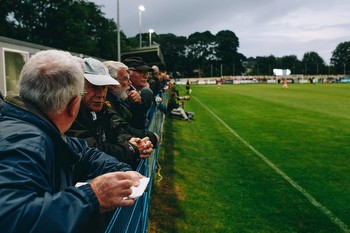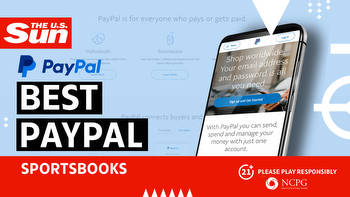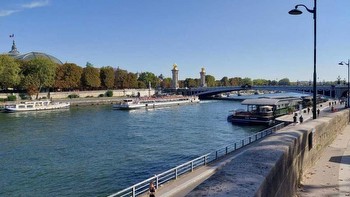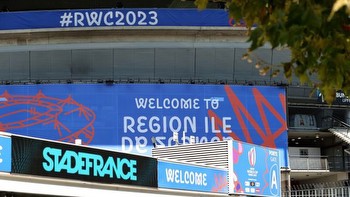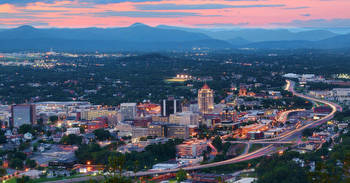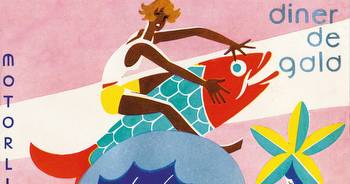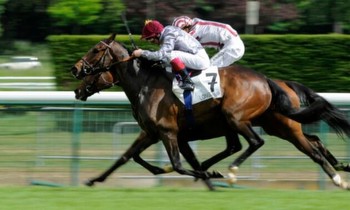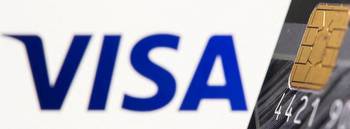A first timer's guide to travelling to France
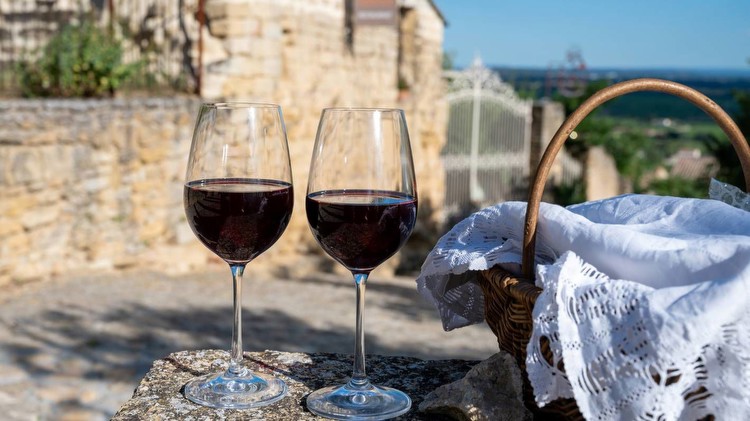
The Rugby World Cup kicks off in France next month and screeds of Kiwis are expected to be travelling to Europe to get in on the action.
France can come across as a little intimidating for New Zealanders who haven’t been before – so here are some basics to help you through as a first-time traveller to France.
Always address people in French
The French appreciate effort, so make sure you are armed with a few French phrases before you go and always start any conversation with ‘bonjour’ (or ‘bonsoir’ in the evening). Apps like Duolingo make it easier than ever to pick up some basic words and sentences.
English is not always widely spoken and the French won’t be impressed if you come directly to them in English without at least attempting a French greeting first. You will get much better service if you attempt to converse a little in the local language, or are seen to be making an effort.
Always remember ‘s’il vous plaît’ and ‘merci’ for please and thank you. ‘Parlez-vous anglais?’ means, do you speak English?
Rail is the best way to get around
As part of the host country’s efforts to limit carbon emissions, rail is being promoted as the preferred option for inter-regional travel. And in France, that’s easy as you can access most of the country from Paris via rail within about five hours thanks to high-speed connections. Most of the cities themselves have commuter rail or trams as a way to get around.
The local currency is euro
Like most of Europe, the currency in France is the euro. Cash is still widely used but these days cards are much more common.
Before you go, research options for travel money cards such as Wise, money app Revolut, as well as your own bank which may have prepaid travel money cards, which allow you to load foreign currencies onto a card to use like a credit or debit card.
If you plan to use your existing credit card, make sure you have checked your bank’s currency conversion rate and any extra fees you might incur from swiping while overseas. And always remember if using your credit card to pay in the local currency, not NZ dollars.
You’ll need a power adaptor
In France the power plug sockets are of type E. The standard voltage is 230V and the frequency is 50Hz. The type E plug has two round pins and a hole for the earth pin – which is permanently mounted in the socket.
Don’t expect brunch, or early dinner
Le petit déjeuner (breakfast) is early and typically a simple affair during weekdays, often consisting of coffee or tea and a croissant or slice of baguette. The French don’t have the same brunch culture as New Zealand, although there are some new antipodean cafés and restaurants opening up.
Generally, in France you’ll have three meals a day, so you might be limited if you’re trying to find snacking options for the between-times. Europeans typically have dinner much later than in NZ, and many restaurants in France won’t take reservations before 7pm.
Factor an hour for lunch
Workers in France generally have an hour’s paid lunch each day. That means many non-food places close for a midday break, even in big cities like Paris and Lyon.
Plan ahead for Mondays
Many tourist spots, shops and restaurants are closed on Mondays – so plan ahead to ensure you don’t end up wandering around confused at the lack of people outside a major attraction. The Louvre in Paris is closed every Tuesday, and there are still many stores that remain closed on a Sunday.
Watch out for pickpockets
In crowded places, petty thefts can occur, especially if you look like a tourist. Stay aware of your surroundings, especially if you are in a crowd like on a busy train, or at tourist sites, where you might be jostled in a crowd. Keep your hands on your belongings, don’t leave bags unzipped and avoid wearing flashy jewellery.
Avoid dressing like a tourist
The French – particularly the women – are known for their smart, sophisticated sense of style, which can be at odds with our casual, jandals-and-Kathmandu-jacket national outfit of New Zealand.
If you look like a tourist, you can be targeted by pickpockets and con artists. Dress smartly, but avoid obvious signs of being a traveller – cameras around your neck, bum bags, daggy outfits.
While jandals are a summer staple for most NZers, in France they will make you stand out. They’re also not the comfiest to wear along France’s cobblestone streets.












